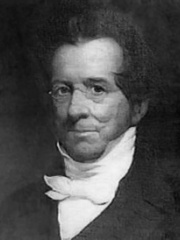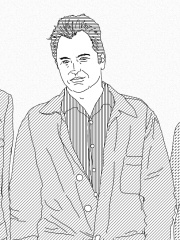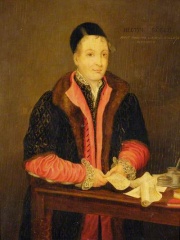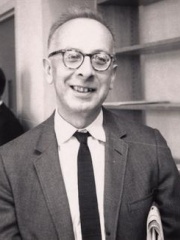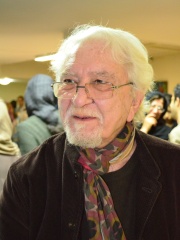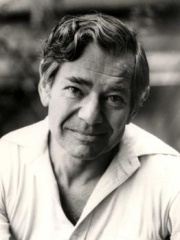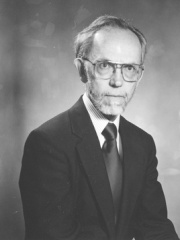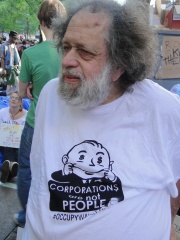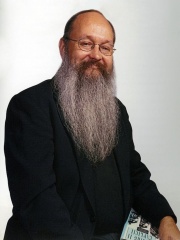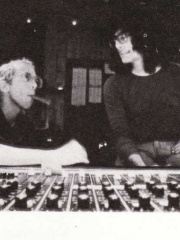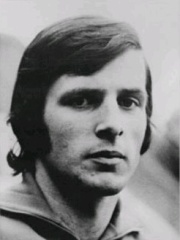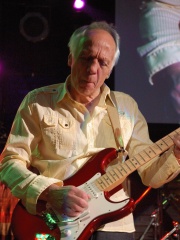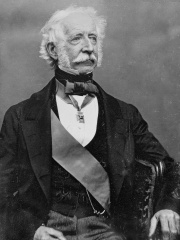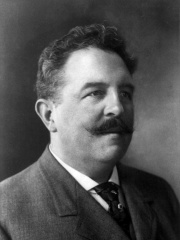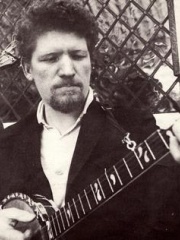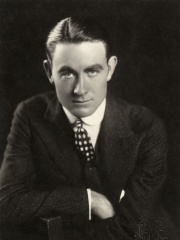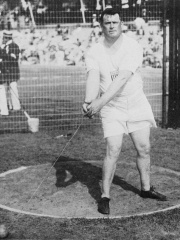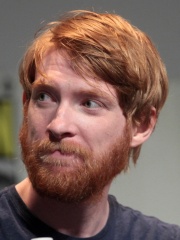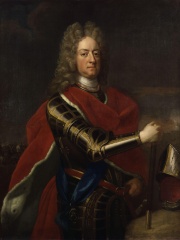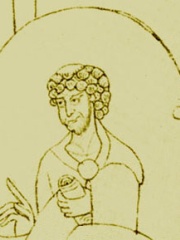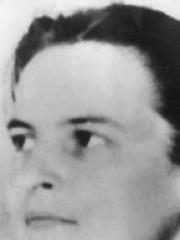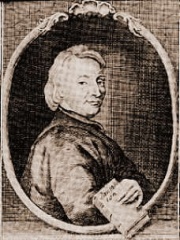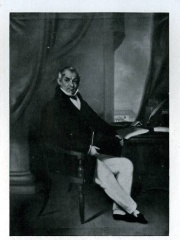Philosopher
Philip Pettit
1945 - today
EN.WIKIPEDIA PAGE VIEWS (PV)

 Philip Pettit
Philip Pettit
His biography is available in 16 different languages on Wikipedia. Philip Pettit is the 1,193rd most popular philosopher (down from 1,164th in 2024), the 266th most popular biography from Ireland (down from 228th in 2019) and the 7th most popular Irish Philosopher.
Memorability Metrics
Page views of Philip Pettit by language
Among Philosophers
Among philosophers, Philip Pettit ranks 1,193 out of 1,267. Before him are Thomas Hopkins Gallaudet, Quentin Meillassoux, Hector Boece, Hicetas, Max Black, and Dariush Shayegan. After him are Alexander Berzin, Walter Kaufmann, Victor Basch, William Alston, Marshall Berman, and Robert Brandom.
Most Popular Philosophers in Wikipedia
Go to all RankingsThomas Hopkins Gallaudet
1787 - 1851
HPI: 54.37
Rank: 1,187
Quentin Meillassoux
1967 - Present
HPI: 54.29
Rank: 1,188
Hector Boece
1465 - 1536
HPI: 54.29
Rank: 1,189
Hicetas
HPI: 54.25
Rank: 1,190
Max Black
1909 - 1988
HPI: 54.20
Rank: 1,191
Dariush Shayegan
1935 - 2018
HPI: 54.20
Rank: 1,192
Philip Pettit
1945 - Present
HPI: 54.10
Rank: 1,193
Alexander Berzin
1944 - Present
HPI: 54.07
Rank: 1,194
Walter Kaufmann
1921 - 1980
HPI: 54.03
Rank: 1,195
Victor Basch
1863 - 1944
HPI: 53.96
Rank: 1,196
William Alston
1921 - 2009
HPI: 53.90
Rank: 1,197
Marshall Berman
1940 - 2013
HPI: 53.89
Rank: 1,198
Robert Brandom
1950 - Present
HPI: 53.80
Rank: 1,199
Contemporaries
Among people born in 1945, Philip Pettit ranks 522. Before him are Michael Bella, Bob Welch, Wolfgang Seguin, Ferenc Seres, Jack Sholder, and Jörg Drehmel. After him are Shekhar Kapur, Susan Tyrrell, Aldo Poy, Robin Trower, Zurab Sakandelidze, and Cristina Rota.
Others Born in 1945
Go to all RankingsMichael Bella
SOCCER PLAYER
1945 - Present
HPI: 54.22
Rank: 516
Bob Welch
SINGER
1945 - 2012
HPI: 54.18
Rank: 517
Wolfgang Seguin
SOCCER PLAYER
1945 - Present
HPI: 54.17
Rank: 518
Ferenc Seres
WRESTLER
1945 - Present
HPI: 54.14
Rank: 519
Jack Sholder
FILM DIRECTOR
1945 - Present
HPI: 54.14
Rank: 520
Jörg Drehmel
ATHLETE
1945 - Present
HPI: 54.11
Rank: 521
Philip Pettit
PHILOSOPHER
1945 - Present
HPI: 54.10
Rank: 522
Shekhar Kapur
FILM DIRECTOR
1945 - Present
HPI: 54.10
Rank: 523
Susan Tyrrell
ACTOR
1945 - 2012
HPI: 54.08
Rank: 524
Aldo Poy
SOCCER PLAYER
1945 - Present
HPI: 54.07
Rank: 525
Robin Trower
MUSICIAN
1945 - Present
HPI: 54.03
Rank: 526
Zurab Sakandelidze
BASKETBALL PLAYER
1945 - 2004
HPI: 53.97
Rank: 527
Cristina Rota
ACTOR
1945 - Present
HPI: 53.89
Rank: 528
In Ireland
Among people born in Ireland, Philip Pettit ranks 266 out of NaN. Before him are Hugh Gough, 1st Viscount Gough (1779), Alison Doody (1966), Victor Herbert (1859), Luke Kelly (1940), Owen Moore (1886), and Sydney, Lady Morgan (1776). After him are Matt McGrath (1875), Domhnall Gleeson (1983), Liam Brady (1956), Brian Shawe-Taylor (1915), James Butler, 2nd Duke of Ormonde (1665), and Eoin Colfer (1965).
Others born in Ireland
Go to all RankingsHugh Gough, 1st Viscount Gough
MILITARY PERSONNEL
1779 - 1869
HPI: 54.35
Rank: 260
Alison Doody
ACTOR
1966 - Present
HPI: 54.34
Rank: 261
Victor Herbert
COMPOSER
1859 - 1924
HPI: 54.27
Rank: 262
Luke Kelly
SINGER
1940 - 1984
HPI: 54.23
Rank: 263
Owen Moore
ACTOR
1886 - 1939
HPI: 54.18
Rank: 264
Sydney, Lady Morgan
WRITER
1776 - 1859
HPI: 54.13
Rank: 265
Philip Pettit
PHILOSOPHER
1945 - Present
HPI: 54.10
Rank: 266
Matt McGrath
ATHLETE
1875 - 1941
HPI: 54.04
Rank: 267
Domhnall Gleeson
ACTOR
1983 - Present
HPI: 53.98
Rank: 268
Liam Brady
SOCCER PLAYER
1956 - Present
HPI: 53.94
Rank: 269
Brian Shawe-Taylor
RACING DRIVER
1915 - 1999
HPI: 53.92
Rank: 270
James Butler, 2nd Duke of Ormonde
POLITICIAN
1665 - 1745
HPI: 53.84
Rank: 271
Eoin Colfer
WRITER
1965 - Present
HPI: 53.81
Rank: 272
Among Philosophers In Ireland
Among philosophers born in Ireland, Philip Pettit ranks 7. Before him are George Berkeley (1685), John Scotus Eriugena (810), G. E. M. Anscombe (1919), John Toland (1670), James Ussher (1581), and William Thompson (1775).
George Berkeley
1685 - 1753
HPI: 79.13
Rank: 1
John Scotus Eriugena
810 - 877
HPI: 78.15
Rank: 2
G. E. M. Anscombe
1919 - 2001
HPI: 73.41
Rank: 3
John Toland
1670 - 1722
HPI: 67.77
Rank: 4
James Ussher
1581 - 1656
HPI: 65.28
Rank: 5
William Thompson
1775 - 1833
HPI: 57.40
Rank: 6
Philip Pettit
1945 - Present
HPI: 54.10
Rank: 7
